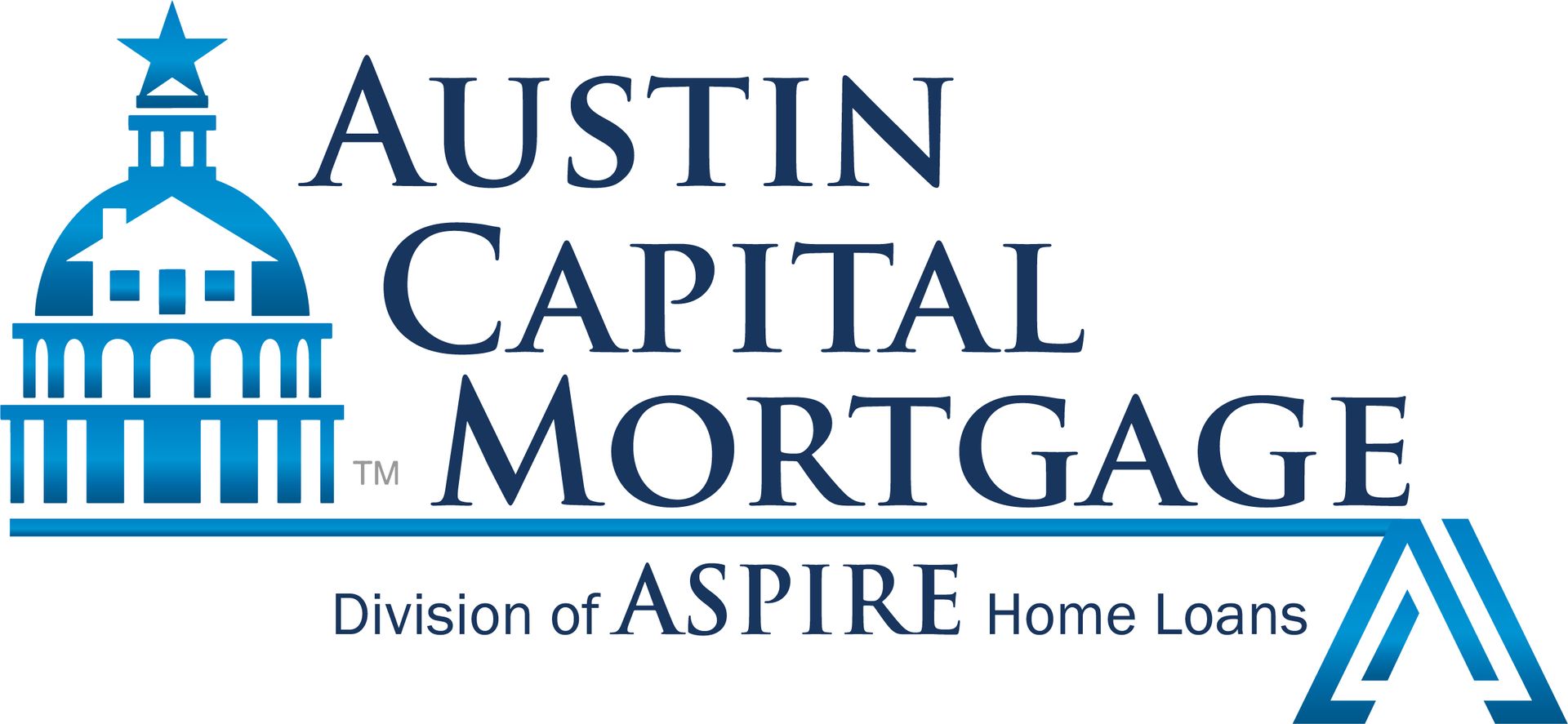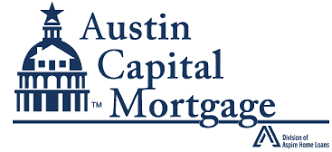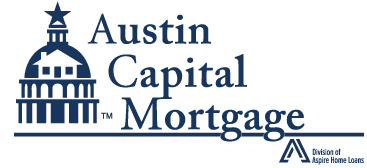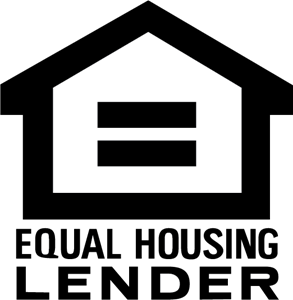Private Mortgage Insurance (PMI) is an insurance policy that lenders require when borrowers have less than 20% of a down payment when purchasing a home. PMI protects the lender in case the borrower defaults on the loan.
PMI is typically a monthly premium that the borrower pays on top of their mortgage payment. The amount of the premium is based on the loan-to-value ratio (LTV) of the mortgage, which is the amount of the loan divided by the value of the property. The higher the LTV, the higher the premium.
PMI can be cancelled by the borrower once the LTV reaches 80% through a combination of paying down the mortgage and appreciation of the property. The lender is required to automatically cancel PMI when the LTV reaches 78% based on the original purchase price of the property.
It's important to note that PMI only protects the lender and does not provide any coverage to the borrower in the event of default. Borrowers who have less than 20% down payment should carefully consider the cost of PMI and explore other options, such as saving for a larger down payment or exploring alternative loan options that do not require PMI.
